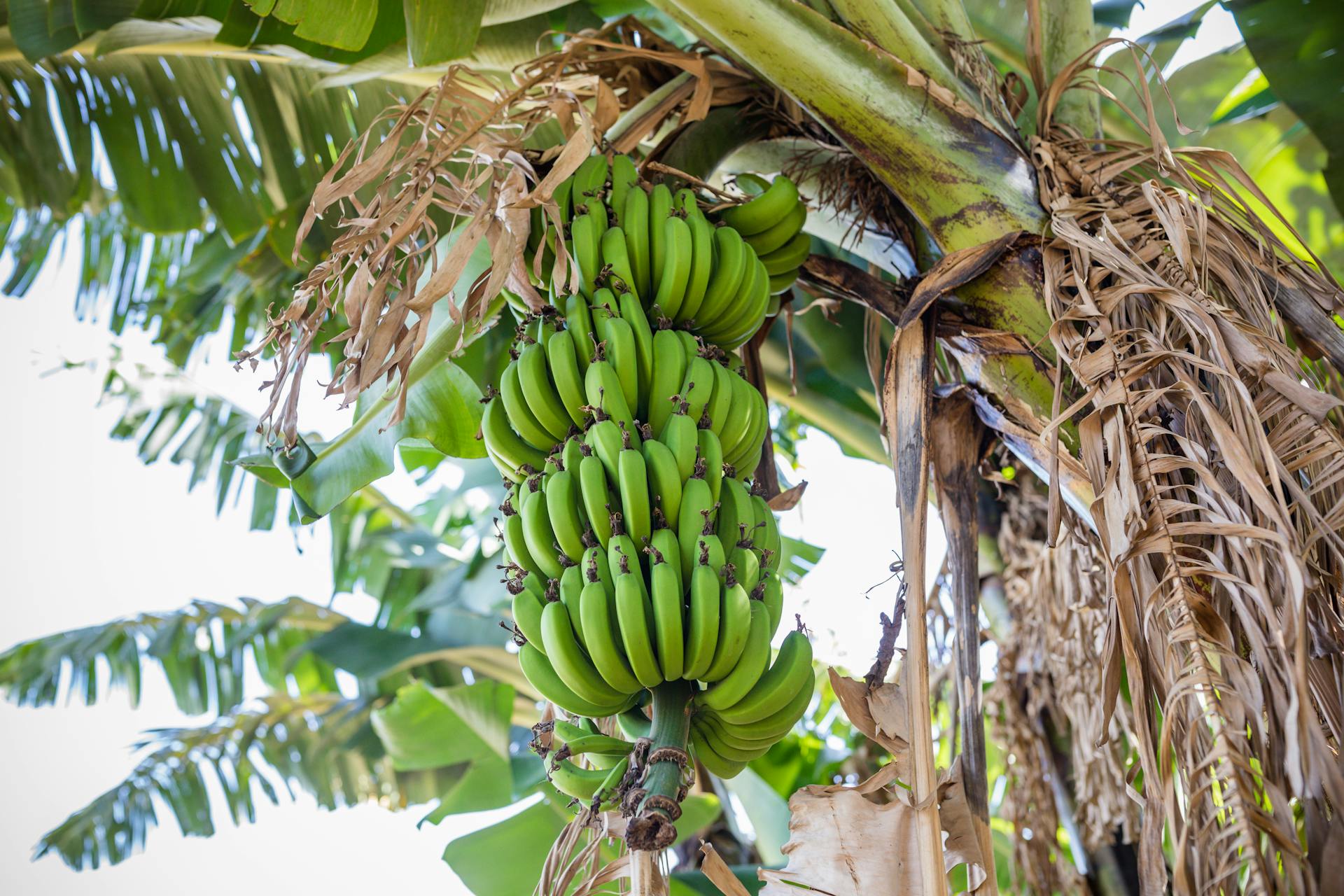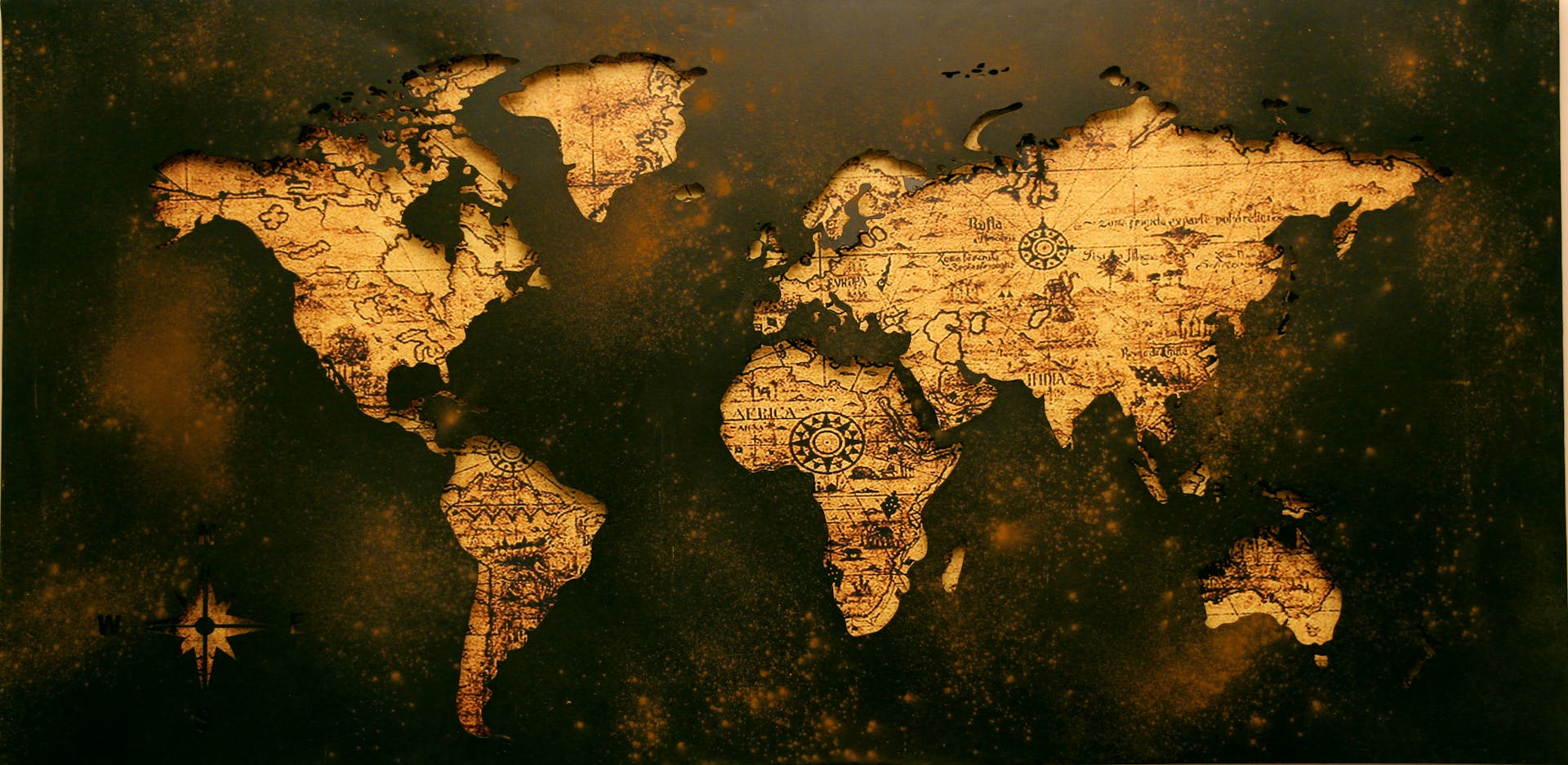
The competition for resources is a major driving force behind the process of natural selection. Organisms that are better adapted to their environment are more likely to survive and reproduce, while those that are less adapted are more likely to die off. Over time, this can lead to the evolution of new species that are better adapted to their surroundings.
One of the most important ways in which organisms can adapt to their environment is by evolving traits that help them to better compete for resources. For example, some plants have evolved thorns or poisonous chemicals as a way to deter herbivores from eating them. Some animals have developed camouflage or better methods of locomotion that help them to avoid predators or to find food more easily.
Organisms can also adapt to their competition by forming symbiotic relationships. For example, many animals live in herds or flocks as a way to reduce their risk of being preyed upon. Some animals also form mutualistic relationships with other species, such as when bees pollinate flowers in exchange for nectar.
In general, adaptations that help organisms to compete for resources are more likely to be favored by natural selection. This is because these adaptations can give organisms a survival advantage, which can help them to pass on their genes to future generations. Thus, competition can play a major role in shaping the evolution of new species.
Broaden your view: Environment Essay
How do these adaptations help species manage competition?
Competition among members of the same species is common in nature, and it can be a struggle for survival. One way that species have adapted to manage competition is by developing specialized features that help them to exploit different resources. For example, some animals have developed longer necks that allow them to reach higher branches and eat leaves that other animals can’t reach. This separation of resources means that there is less competition for food, and the animals can survive even when there is scarce resources.
In addition to specialized features, another way that species have adapted to manage competition is by developing different feeding strategies. Some animals are grazers and only eat plants, while others are predators and only eat meat. This variation in diet means that different species can share the same environment without competing for the same food.
Finally, another way that species have adapted to manage competition is by developing different reproductive strategies. Some animals reproduce quickly and have many offspring, while others reproduce slowly and have few offspring. This strategy ensures that even if some offspring don’t survive, the species as a whole can still maintain a population.
All of these adaptations help species to manage competition by allowing them to exploit different resources and avoid competition with other members of their own species. These adaptations are vital for survival in a competitive world, and they have helped many species to thrive.
For more insights, see: Specialized Release 2023 Bikes
Frequently Asked Questions
Does competition between species drive extinction and speciation?
The study found that competition among speciesplays an important role in driving the replacementof clades.Passive replacement occurs when a clade replaces another due to the spread of members within a population. Active displacement events, on the other hand, are driven by an invasionby a different species into an existing clade and is more likely to lead to the extinction of one or more clades. Based on these findings, it seems that competitionbetween species is a key factor in predicting whichclades will be replaced and at what rate. This suggests that conservation efforts should focuson preventing competingspecies from invading each other's territories, as this could lead to the disappearance ofdeviations from an ecologically optimal state.
What happens when multiple organisms compete for resources?
In the presence of competition, each organism will work hard to obtain the limited resources. This can result in one organism becoming more successful than the others and gaining an advantage. As a result, different organisms may collide with one another, or may form alliances in order to compete more effectively. Alternatively, some organisms may simply give up and stop trying to get food or survive altogether.
Is there a role for competition in biodiversity?
With climate change events becoming more common, it is important to understand how competition might play a role in biodiversity loss. Climate change can cause dramatic habitat changes, leading to the spread of species that are better adapted to new conditions. However, this change could also lead to the displacement of members of existing species familes, which in turn could cause extinctions. Interestingly, the study finds that both passive replacement and active displacement strongly depend on interaction between different species. If one species dies out because its environment has changed, other similar-competing species may take over its niche fairly rapidly due to biodiversity cessation or intense competition for resources. This is particularly true for active displacement, which can result in the rapid formation of new clades if two compatible species meet and start exchanging genetic material.
How do animals and plants compete for resources?
To compete for resources, animals and plants have different adaptations. Animals can hunt or scavenge for food, while plants depend on photosynthesis to create energy from sunlight. Plants can also produce toxins to kill or deter predators.
How do speciation species survive together?
Species can survive together if intra-specific is stronger than inter-specific competition. This means that each species will inhibit their own population growth before they inhibit that of the competitor, leading to coexistence.
Sources
- https://www.hollywoodreporter.com/
- https://www.ppic.org/publication/ppic-statewide-survey-californians-and-their-government-october-2022/
- https://www.gutenberg.org/files/852/852-h/852-h.htm
- https://en.wikipedia.org/wiki/Natural_selection
- https://www.the-tls.co.uk/
- https://en.wikipedia.org/wiki/Ecosystem
- https://www.nationalgeographic.com/magazine/
- https://en.wikipedia.org/wiki/Empty_string
- https://www.gale.com/databases/questia
- https://www.protocol.com/newsletters/entertainment/call-of-duty-microsoft-sony
Featured Images: pexels.com


